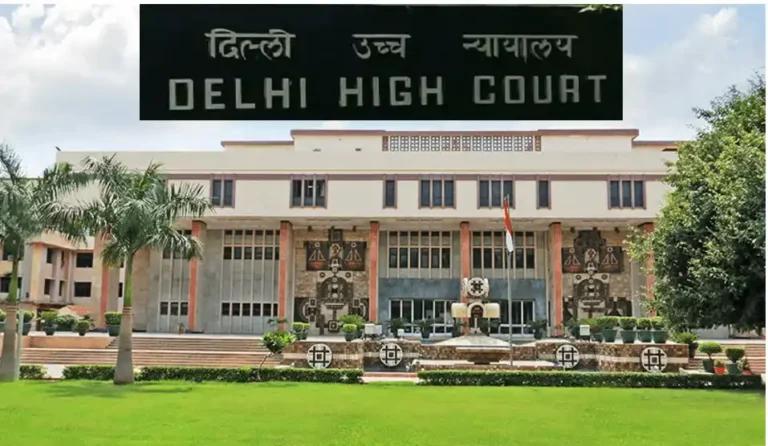The Delhi High Court has made it clear that the Foreign Exchange Management Act, 1999 (FEMA), does not offer immunity to individuals for criminal acts that fall under the Indian Penal Code (IPC). The ruling came in response to a petition filed by Manideep Mago and Sanjay Sethi, who challenged their arrest by the Enforcement Directorate (ED) and Delhi Police.
Justice Anup Jairam Bhambhani stated:
“FEMA and IPC deal with entirely different offences. Just because a person is charged under FEMA does not mean that crimes like cheating, conspiracy, or forgery under the IPC are forgiven.”
Read Also:- Delhi High Court Denies Anticipatory Bail to Lawyer in Road Rage Case, Emphasizes Equality Before Law
The petitioners argued that ED's actions, including the search and seizure operations carried out at their homes and offices, were beyond the powers given under FEMA and the Income Tax Act. They claimed that the arrests based on these actions were illegal and should be cancelled.
However, the Court found that the ED’s complaint to the police did indicate the possibility of serious offences. It noted that:
“Since the complaint disclosed cognizable offences, it was lawful for the police to register an FIR.”
On the issue of the requirement for ED to provide “reasons to believe” when making an arrest under the Prevention of Money Laundering Act (PMLA), the Court said the rule — laid out in the Arvind Kejriwal case — applies only from the date the Supreme Court made the ruling (July 12, 2024). Therefore, since the petitioners were arrested before that, ED was not bound to serve such reasons at that time.
Read Also:- Delhi High Court Orders Forensic Probe Over Alleged Manipulation in JEE Main 2025 Scorecards
The Court also observed:
“The arrest memos show that the ED gave sufficient grounds specific to each petitioner. Their lack of cooperation was just one reason among others for arrest.”
Referring to the Supreme Court’s judgment in the Pankaj Bansal case, the High Court stressed that simply not cooperating is not enough for arrest — but if there are additional grounds, arrest may be valid.
In contrast, the Court found that the arrest carried out by the Delhi Police was flawed. The arrest memos lacked key details:
“The arrest memos did not mention the specific roles or incriminating evidence against each petitioner, as required by law.”
Because of this, the Court ruled that the Delhi Police did not follow the proper legal process, especially the directions given by the Supreme Court in the Prabir Purkayastha case. As a result, the petitioners' arrests under the FIR by Delhi Police were declared illegal and their release was ordered.
Case Title: MANIDEEP MAGO v. UNION OF INDIA & ORS and other connected matter














